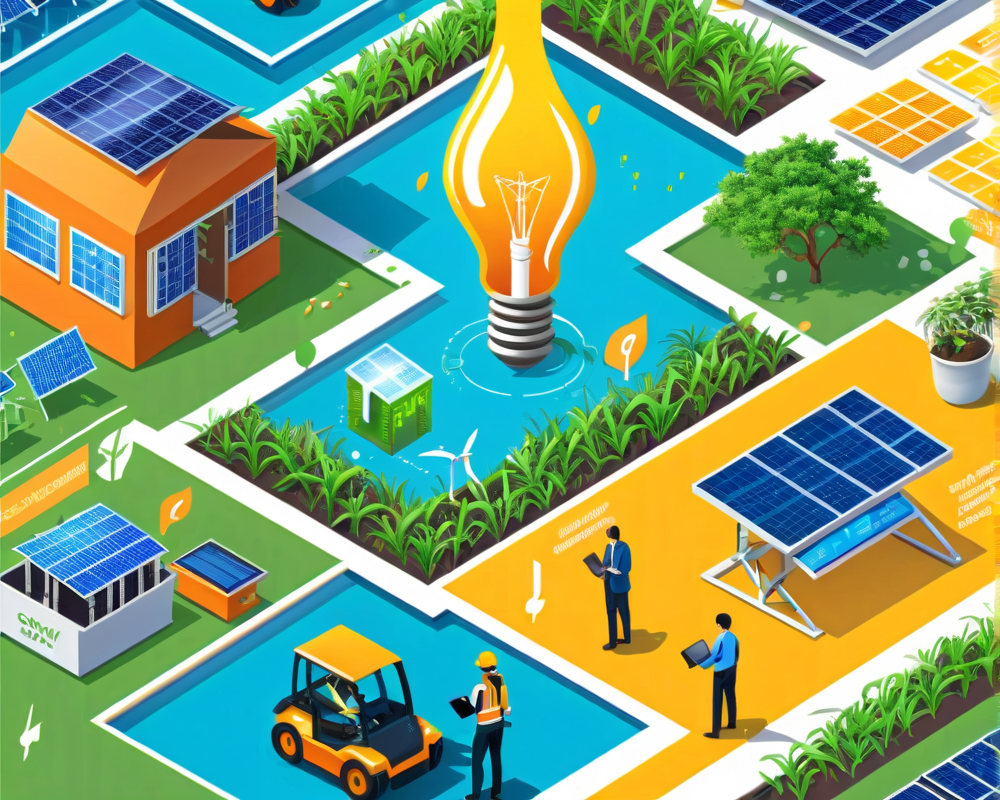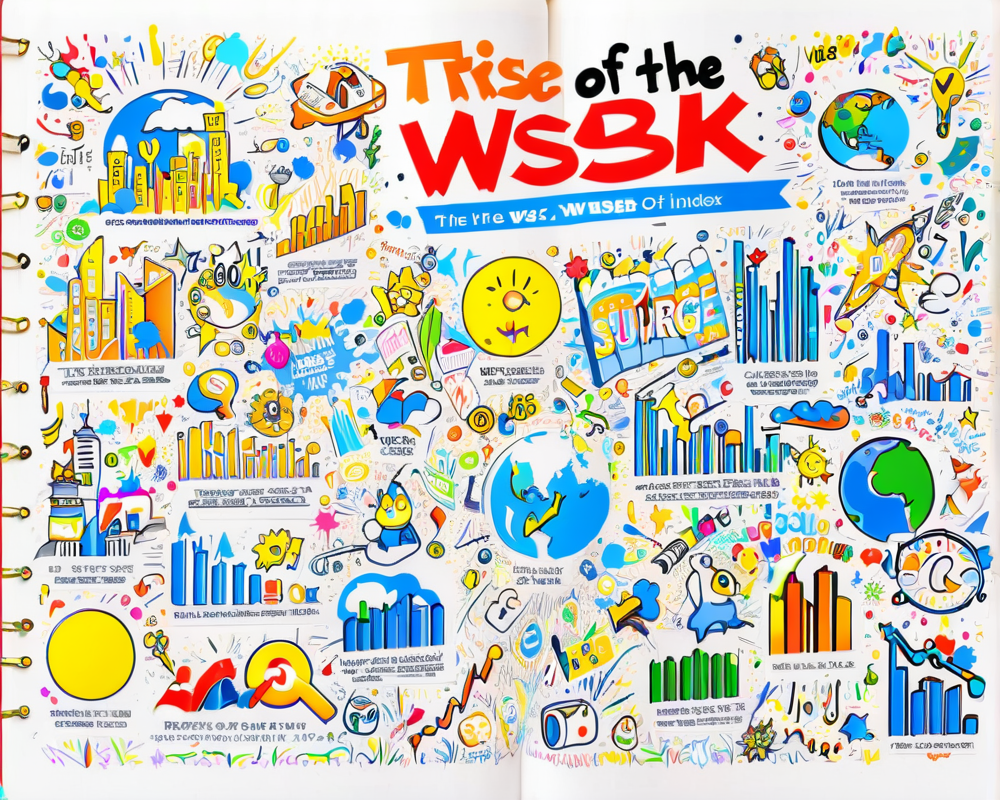The Rise of Blockchain in Renewable Energy Trading
Blockchain technology isn’t just for cryptocurrency fanatics anymore—it’s steered its way into the realm of renewable energy! Firmly taking root in diverse regions, blockchain platforms are shaking things up, facilitating energy transactions like a morning coffee order. The latest buzz comes from Power Ledger, an Australian firm that’s venturing into the renewable energy marketplace in Thailand and beyond.
Power Ledger and BCPG: A Dynamic Duo
Building on years of collaboration, Power Ledger and Thailand’s own BCPG are set to launch a snazzy new marketplace for trading Renewable Energy Certificates (RECs). It’s almost like they’re the Ross and Rachel of the energy world, dating back to 2018 when they first trialed peer-to-peer renewable energy trading in Bangkok. The chemistry is palpable, with a promise to extend this cooperative effort across Southeast Asia.
The Nitty-Gritty of Renewable Energy Certificates (RECs)
So, what exactly are these RECs, and why should you care? Quite simply, an REC is a fancy piece of paper (or more accurately, a digital certificate) that proves one megawatt of renewable energy has been produced. For organizations keen to showcase their green credentials—or for those just looking to check a few boxes for sustainability—RECs offer a clear economic incentive to use renewable energy sources.
Why RECs Matter
- Sustainability Boost: They encourage organizations to utilize sustainable practices.
- Emissions Reduction: Governments can meet their emissions targets more effectively.
- Consumer Confidence: Buyers need assurance that their REC isn’t just a rehash of someone else’s green energy.
Trust and Transparency: The Power of Blockchain
Trust issues? Not here! Blockchain’s beauty lies in its ability to create a transparent and secure environment for trading RECs. According to Dr. Jemma Green, co-founder of Power Ledger, this ensures that every certificate’s trail is neatly documented—no funny business, no hidden agendas! Organizations can rest easy knowing that when they purchase a REC, they’re not buying someone else’s old leftovers.
How It Works
The blockchain will track everything from issuing certificates to trading and retiring them. No middlemen in sight—just clean, crisp transactions powered by smart contracts. This is a game changer for the renewable market, making access to sustainable energy more democratic and efficient.
A Global Movement
The influence of this technology doesn’t stop at Thailand. Power Ledger’s tools are already making waves worldwide—from the bustling streets of Australia to the serene landscapes of France, and even to the land of the rising sun, Japan. Just last year, South Korea hopped on the blockchain train by launching its own REC platform, supervised by the Ministry of Science. Who knew saving the planet could be such a global affair?
Conclusion: Energy for the Future
In the grand scheme of things, blending blockchain with renewable energy trading could be the catalyst we need for a cleaner, greener world. As advancements continue to roll out in different regions, the hope is this innovative approach will spur widespread adoption and ultimately reshape how we interact with energy sources. And who knows? Maybe someday, we’ll all be trading RECs like the stock market—now that’d be a sight!




